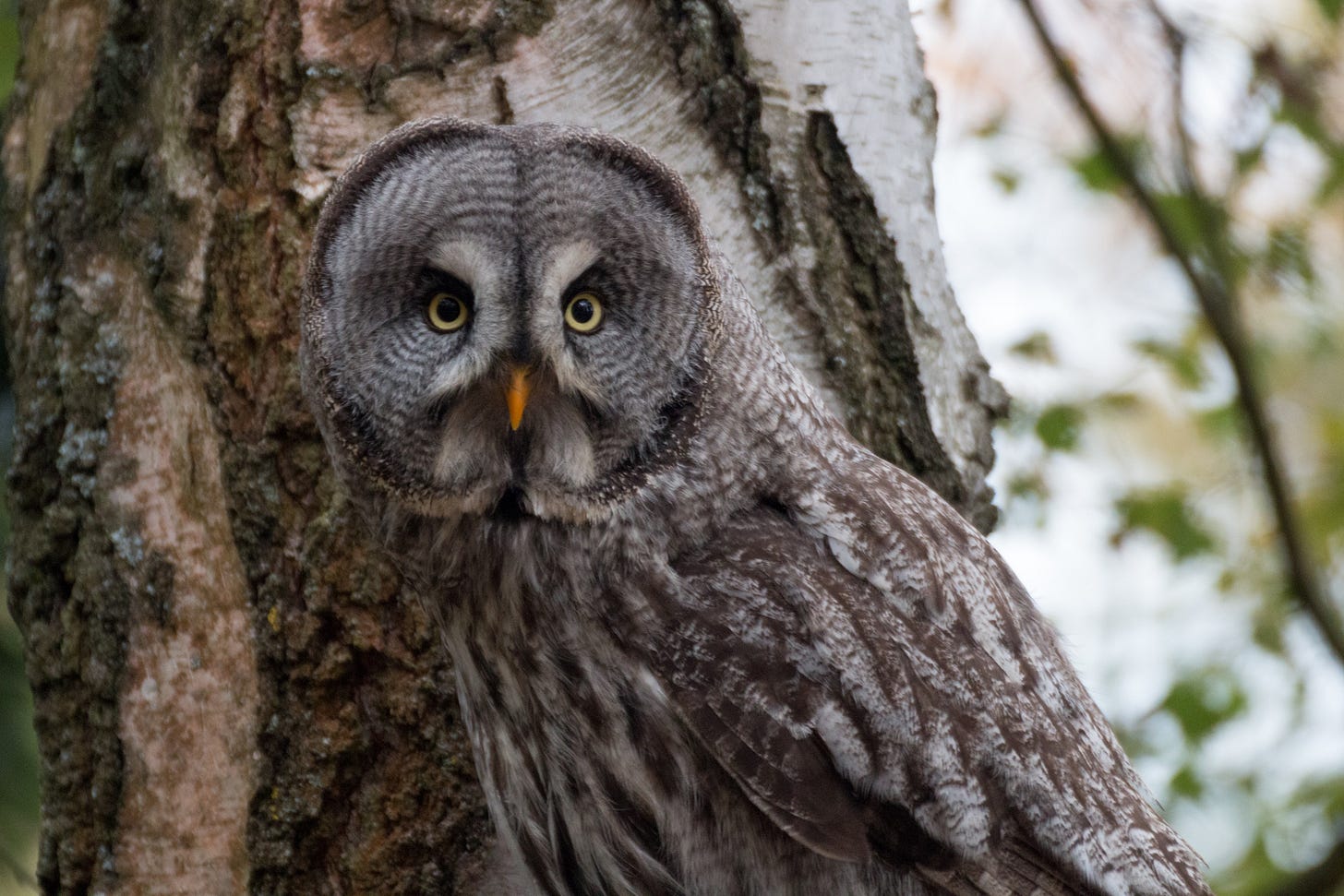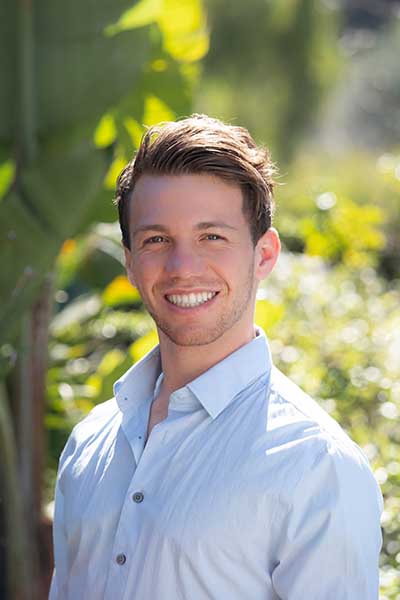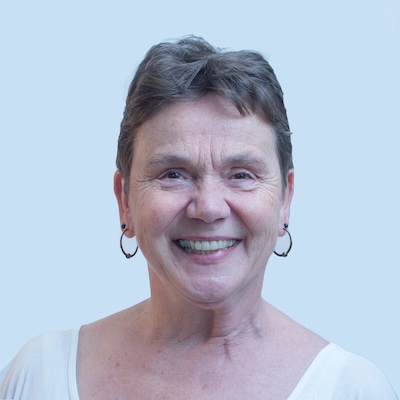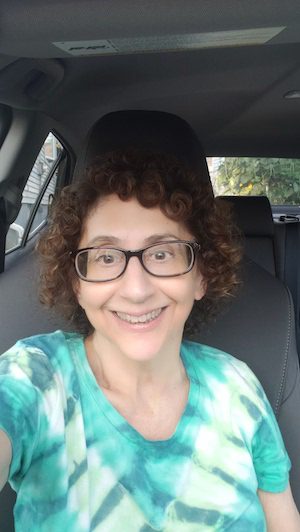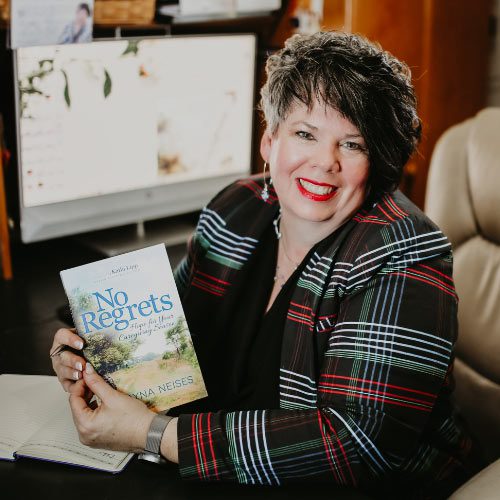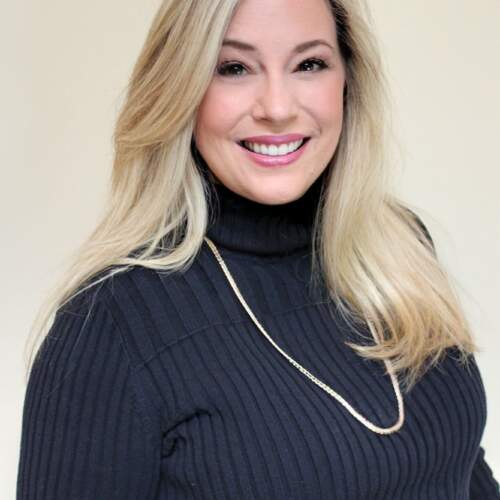So When Does the Wisdom Kick In?
Photo by Jens Frank Jakob on Unsplash
I have been assured in many articles and books that as we grow older, we grow wiser. Wisdom is held out as the great consolation prize that compensates for all the pains and losses to our physical and emotional selves.
Well, I’ve definitely achieved the Aging part. The beard is turning gray, the eyes and ears are weakening, the digestive machinery is slowing down, etc. etc. So wisdom, wherefore art thou?
More to the point, will I recognize it if it arrives?
In asking myself these questions, I realized that I would probably not recognize wisdom in myself if it bit me. My concept of wisdom was quite vague – riddles dispensed by white-bearded sages or black-cloaked crones. A mysterious smile accompanied by laughing eyes. Or on a lower plane, homespun sayings from grandma and pawpaw’s rocker.
None of those notions fit me. Nor did they bring me any closer to understanding whether I had earned the promotion from wise guy to wise elder. I decided to do some research to help me assess where I stood.
Every spiritual tradition has something to say about wisdom. So the obvious way to assess my place on the wisdom ladder would be a deep dive into the wisdom literature of Judaism, Christianity, Islam, Buddhism, Hinduism, the ancient Greeks, and the Chinese Taoists. Having dipped my toe into most of those waters once or twice, I knew that true understanding involved years of study and contemplation.
But I was in a hurry, so (unwisely) I went to the Internet. I even read several scientific papers, so you wouldn’t have to. And here is what I gleaned:
Pragmatic Wisdom
Those who try to define wisdom fall into two broad camps. The first camp sees wisdom in pragmatic terms – it’s the accumulated understanding and experience that helps a person handle life’s stresses, adversity, and inevitable losses with resilience, mastery, and compassion. One scientist defined wisdom as “expert-level knowledge and judgment in the fundamental pragmatics of life.”
The second camp views wisdom as the result of reaching the highest stage of human development – a concern for life’s deeper meanings, an acceptance of its uncertainties, an ability to perceive events from multiple perspectives, and compassion for others.
The pragmatic view is the one that has been subjected to scientific rigor. In the 1970s, a geriatric neuroscientist named Virginia Clayton built a definition of wisdom by asking law students, law professors, and retired judges to name what they thought characterized a wise person. From that, she decided the three key components were
Cognition – the more you know, the more you can recognize patterns that repeat.
Reflection – it’s not enough to know a lot, you also must take time to reflect on what it all means.
Compassion – you use the insights you gain to understand and help others.
Building on Clayton’s work, University of Florida sociology professor Monika Ardelt published a study showing that older adults who scored high in wisdom also tended to have more resilience and had a stronger sense of mastery over their lives. The wise, in other words, had the tools to minimize Stress and maintain their sense of well-being even in the face of crises and losses.
Higher Love Wisdom
The second camp identifies wisdom with self-actualization, the highest level in psychologist Abraham Maslow’s hierarchy of needs. A self-actualized person is free from basic physical and ego needs, as they have already been fulfilled. Another sign of wisdom, according to this camp, is “generativity,” a term used by psychologist Erik Erikson that means to give back without needing anything in return. One example is the grandmother who plants an apple tree that will not bloom in her lifetime, knowing her children and grandchildren enjoy its fruits.
Generativity can take many forms. One of the most compelling is sharing stories with younger generations. “I believe our stories are our final gift to our loved ones,” says Michael Williams, an author, storyteller, and story coach.
There’s one other important notion that came through my limited research: Wisdom is not a gift you automatically receive when you reach a certain age, like Social Security. It’s possible to have wisdom in old age because our brains develop more crystalized intelligence – in brief, we’re better at taking our experiences and connecting them to other problems and situations. But without reflection, we don’t attain wisdom. And all those who have tried to define wisdom see compassion and empathy as essential components.
After letting all the information sift, I still don’t know if I am wise yet. But in the absence of knowing, I am adopting certain behaviors that will improve my chances – and perhaps enhance perceptions of me as wise:
Listen intently and empathetically and offer no advice unless it is requested.
If (and only if) I am asked to share my opinion, remember the words of Alex Trebek: “Put it in the form of a question.”
When rendering my opinion, always wise to keep in mind the truly wise words of Lao Tzu: “He who says does not know. He who knows does not say.”
What’s Your Joywork?
Have you found a project or a new venture in Retirement that satisfies your needs? I’d love to hear more about it! Contact me at don@donakchin.com.

